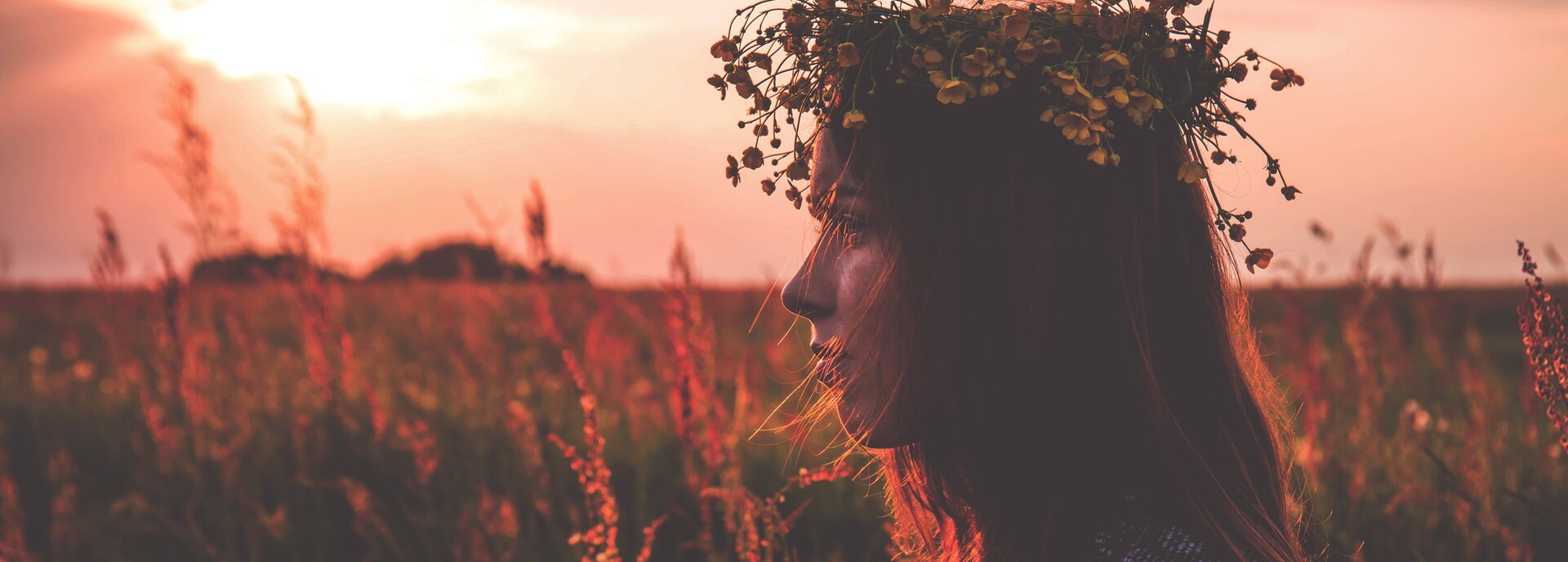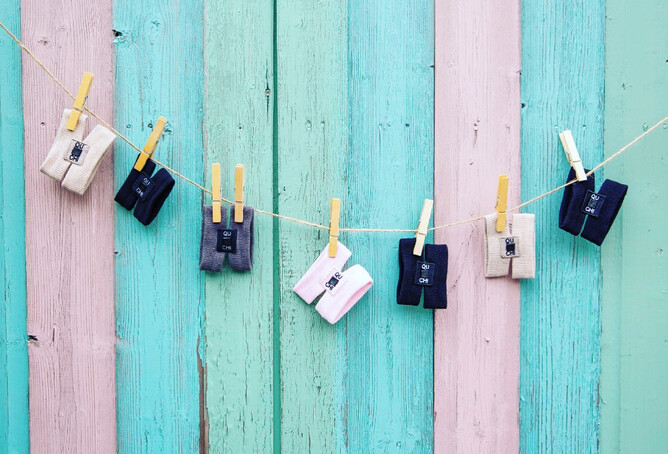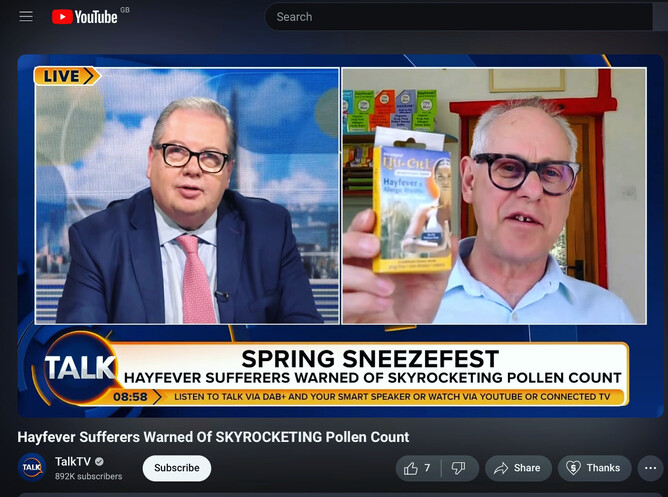There are two main reasons you might get hay fever when its raining:
Pollen dispersal: Rain can actually break up clumps of pollen, especially from grass and weeds, into finer particles. These smaller particles are more easily carried by the wind, which can increase your exposure to allergens and worsen your symptoms. This is more likely to happen during heavy downpours.
Mold spores: Warm, humid conditions that often accompany rain can lead to an increase in mold spores. If you have a mold allergy, this can trigger hay fever-like symptoms.
Here's a quick breakdown:
Rain initially washes away some pollen, leading to a brief improvement in symptoms.
However, rain can break up pollen clumps, making them more airborne and worsening allergies.
Damp conditions promote mold growth, which can trigger allergies for some people.
If you experience hay fever during rainy weather, you might want to check the pollen forecast and see if there's a specific type of pollen you're sensitive to that's high at that time. You can also talk to your doctor about allergy medications that can help manage your symptoms.


